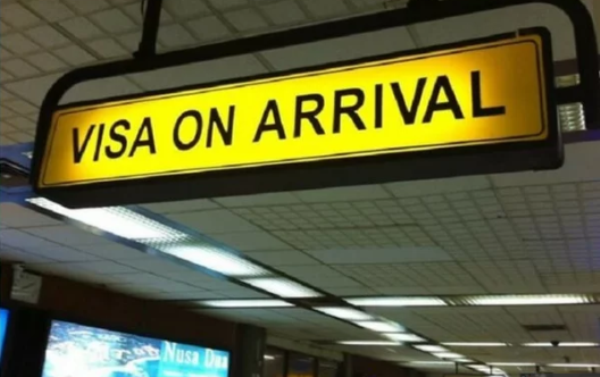Insurance has been called the “ugly duckling” of the financial services industry. Nobody seems to understand what it is about. We seem to have sat in one meeting and agreed that insurers are “thieves”. I have come across many people who think third party liability for motorised vehicles is a tax, or some kind of levy. Insurance has not been understood as the wealth protection mechanism it is. Think about someone who saved up to start a salon or boutique, the source of their livelihood. If there was a burglary or a fire or some accident, not only is their livelihood compromised, but they need to find funds to replace what has been lost, in order to get their business going again. God forbid if they were indebted. Sliding into the next lower income bracket doesn’t seem so far-fetched now.
Many of us parents are trying to save up money for our children’s future education; how long do we need to save up sufficient funds? What would happen if we weren’t around long enough to save up what was required?
What legacy are you building? How have you secured this legacy?
Most of us understand how village burial societies (Twezike), nigina groups, investment clubs, community based health insurance work. They are all contingency funds, established by the members to meet specified needs; we are members of these organised groups because we want to protect what we have built-our legacy.
Insurance, like these social groups, simply provides a means to protect your current wealth-your legacy, the only difference being that the members contributing to an insurer’s fund may not know one another personally.
The poor perception of insurance in Uganda has been largely due to a failure to communicate this benefit. A successful Bancassurance model is structured to address this.
Bancassurance is the distribution of insurance through the bank’s channels. The Financial Institutions Act was in 2016 amended to allow bancassurance, and the attendant Regulations were passed in July 2017.
The penetration of insurance in Uganda is one of the lowest in the region, standing at less than 1%. In markets where bancassurance has been successful (in Asia for example), substantial growth has been experienced largely due to the better matching of products to needs. In January 2018, dfcu Bank was licensed to conduct business as a bancassurance agent.
Bancassurance means that a customer now has access to insurance through a bank’s Insurance. Where insurance still comes across as technical, difficult to access, and where many clients don’t understand the claims process, dfcu/bank Insurance (Bancassurance) looks forward to provide solutions by availing products that meet the particular needs of customers, by easing access as well as simplifying the claims process. Customers can look upto banks for all their insurance queries and solutions, and the banks are keen to provide solutions that work.
Forexample, with dfcu Insurance, customers are given a holistic solution, centred on easy access, great service, convenience, and efficiency. Claims processes have been greatly simplified and in most cases will not necessitate the customer physically moving to the branch.
Writer, Martha Aheebwa – Principal Officer, Bancassurance at dfcu Bank




